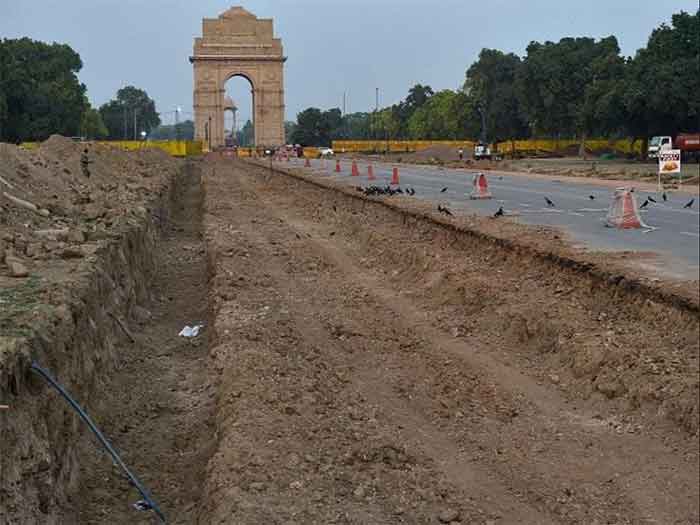
It is widely agreed that any family should face the challenge of difficult times by first of all curbing all wasteful expenditure. This also applies to nations, or at least all nations who choose to act wisely.
India is currently passing through very difficult economic times. Hence, acting wisely, it is important to explore all possibilities of curbing all wasteful expenditure. There are several such possibilities.
One important possibility relates to preparing a careful list of those highly expensive projects which have faced extensive, well-documented criticism for their adverse factors ( sense of wrong priorities, enormous wastage, ecological ruin, highly suspect benefits, displacement of people, safety risks or other adverse impacts), and then cancelling them.
To start with perhaps 25 of such proposed or ongoing projects can be selected in a careful exercise . If a proper selection is made, this may easily result in a saving of about two million crore Rs. ( one crore=10 million) and about 4 million endangered trees.
Of course the financial saving will be spread over a number of future years, as costs of such projects are incurred over several future years, depending on the nature of the project.
While financial saving is of course important, the saving of so many endangered trees is no less important. It is important to save even a single tree. The importance of this has increased even more in these times of climate change.
First and foremost in the list of to-be-cancelled projects, we can include several highly controversial dam and hydro projects ( particularly in the Himalayan region ) and river-link projects which have faced heavy criticism for their aspects relating to safety and ecological risks and highly suspect benefits. The Ken-Betwa Link Project in Bundelkhand region involves the cutting of over two million trees and its claimed benefits have been repeatedly questioned by several independent experts.
Next we can look at the bullet train projects. The ongoing one has a budget of Rs. 1.1 lakh crore ( 1 million=10 lakh) and according to media reports seven more are proposed. All these involve already well-connected, well-served routes and there is so real need of these highly wasteful projects.
Thirdly we can consider the wasteful projects of false prestige and a false sense of grandeur. These include projects like the Central Vista Project in Delhi which also involves high ecological costs.
Fourthly, we can examine some of the mining projects associated with extensive forest loss and displacement of vulnerable groups , such as tribal communities.
Fifthly we can consider some projects associated more heavily with a fossil-fuel led growth for future.
This is only an indicative list. The main point here is that we should be able to carefully prepare a list of the most wasteful and ecologically disruptive projects , mostly on the basis of the information which is already in the public domain, but also seeking new information where it is necessary to do so.
By dropping such projects we will avoid much ruin and waste , and save huge money for the real priorities of reducing poverty, promoting education and health, protecting environment.
Bharat Dogra is a journalist and author. His recent books include Planet in Peril and Protecting Earth for Children.
GET COUNTERCURRENTS DAILY NEWSLETTER STRAIGHT TO YOUR INBOX














































